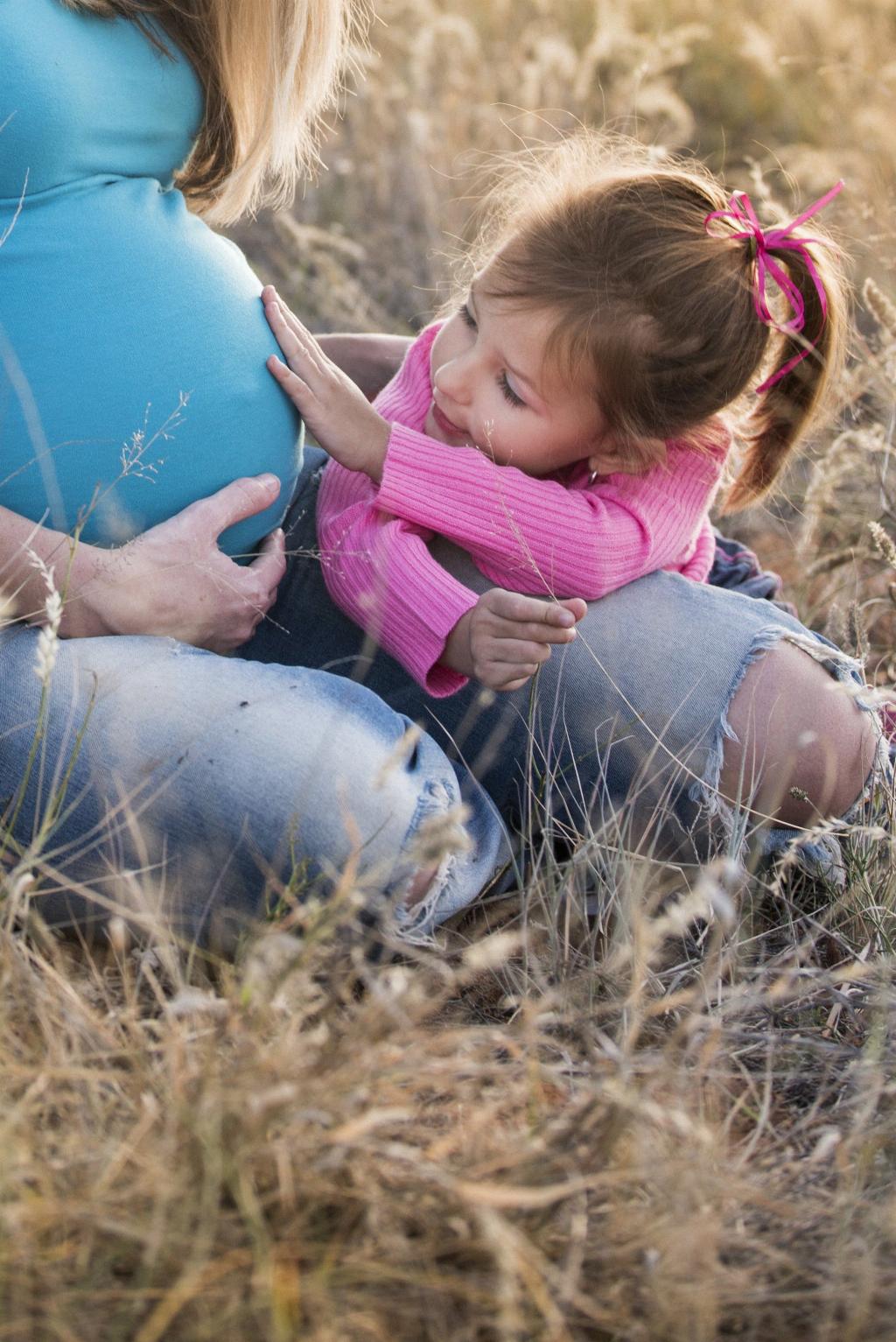When it comes to ensuring a healthy pregnancy, including seeds in your diet can be incredibly beneficial. Seeds are packed with essential nutrients that support the growth and development of your baby, as well as provide numerous health benefits for you as an expectant mother.
1. Chia Seeds
Chia seeds are an excellent source of omega-3 fatty acids, fiber, protein, and various micronutrients that are crucial during pregnancy. These tiny seeds can be easily incorporated into your meals, such as adding them to smoothies, yogurt, or oatmeal.
2. Flaxseeds
Flaxseeds are another great seed to include in your pregnancy diet due to their high omega-3 content. Omega-3 fatty acids are essential for the development of your baby’s brain and eyes. Ground flaxseeds can be sprinkled on top of salads or mixed into baked goods for an extra nutritional boost.
3. Pumpkin Seeds
Pumpkin seeds are rich in iron, magnesium, zinc, and protein, which are vital nutrients for both you and your baby during pregnancy. These seeds can be roasted and enjoyed as a snack, or added to salads and soups for a crunchy texture.
4. Sunflower Seeds
Sunflower seeds are a good source of vitamin E, an antioxidant that helps protect your cells from damage. Vitamin E is important for your immune system and skin health during pregnancy. Snack on a handful of sunflower seeds or sprinkle them on top of your yogurt for a nutritious boost.
5. Sesame Seeds
Sesame seeds are rich in calcium, which is essential for the development of your baby’s bones and teeth. These seeds can be toasted and added to stir-fries, salads, or homemade energy bars to increase your calcium intake during pregnancy.
6. Hemp Seeds
Hemp seeds are a complete protein source, meaning they contain all nine essential amino acids that your body cannot produce on its own. These seeds also provide a good dose of omega-3 and omega-6 fatty acids, making them a nutritious addition to your pregnancy diet.
7. Poppy Seeds
Poppy seeds are a good source of folate, a B-vitamin that plays a crucial role in preventing birth defects and supporting the healthy growth of your baby’s cells. You can use poppy seeds in baking recipes, salad dressings, or as a topping for breads and pastries.
8. Pomegranate Seeds
While not technically a seed, pomegranate seeds are packed with antioxidants and vitamins that promote heart health and reduce inflammation. These juicy seeds can be eaten on their own as a snack, or added to salads and desserts for a burst of flavor and nutrients.
9. Mustard Seeds
Mustard seeds are a good source of selenium, a mineral that supports thyroid function and boosts immune health. Incorporate mustard seeds into your cooking by using them in spice blends, marinades, or homemade pickles to reap their health benefits during pregnancy.
10. Black Seeds
Black seeds, also known as nigella seeds, contain compounds that have been shown to have antioxidant and anti-inflammatory properties. These seeds can be sprinkled on top of roasted vegetables, added to bread dough, or used as a seasoning in soups and stews for a unique flavor profile.
11. Quinoa Seeds
Quinoa seeds are technically classified as pseudo-grains, but they are a complete protein source and rich in fiber, iron, and magnesium. Quinoa can be cooked and enjoyed as a side dish, added to salads, or used in place of rice for a nutrient-dense meal during pregnancy.

